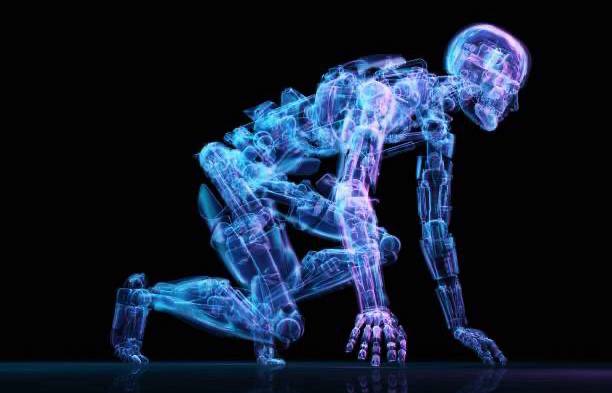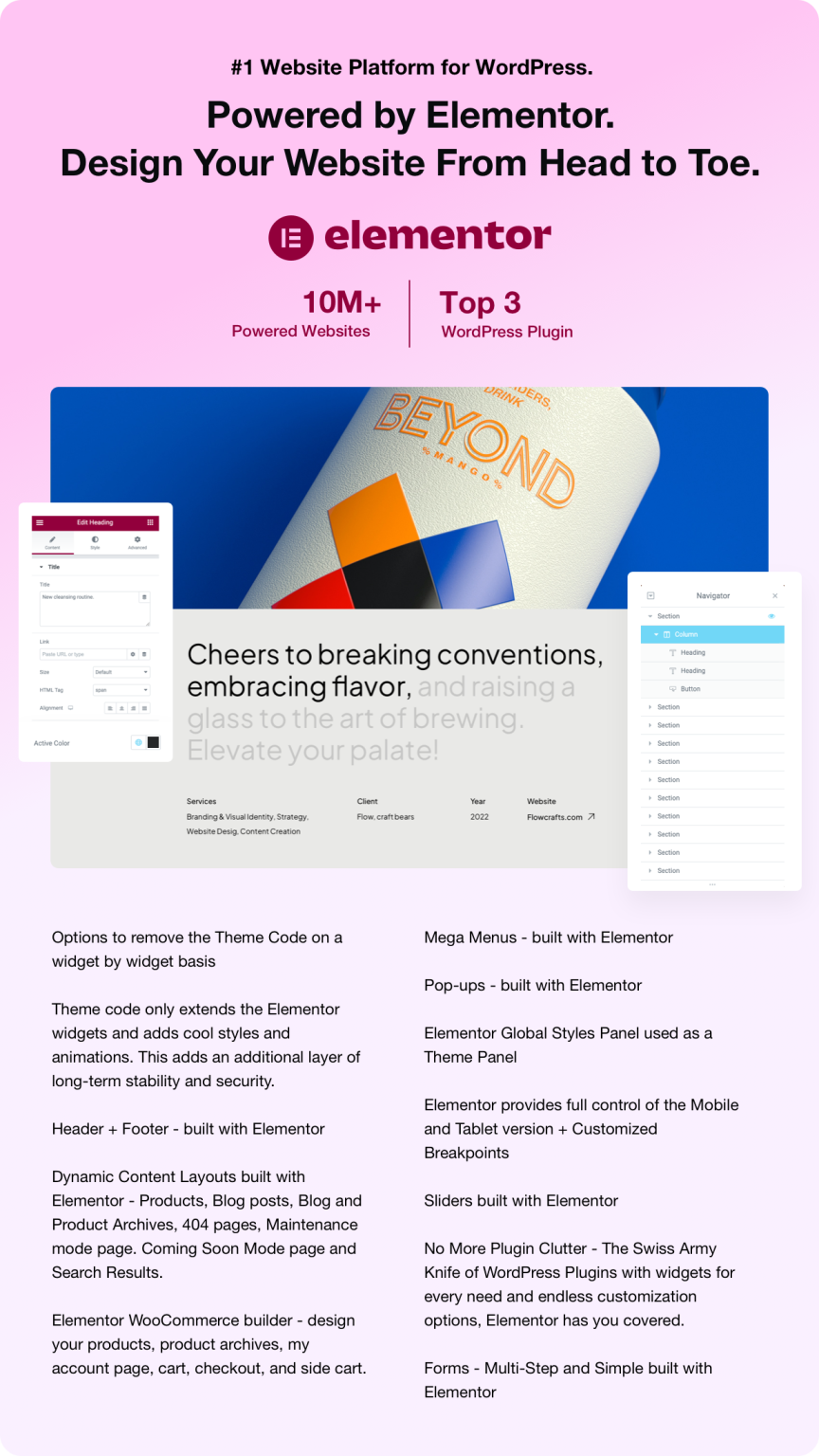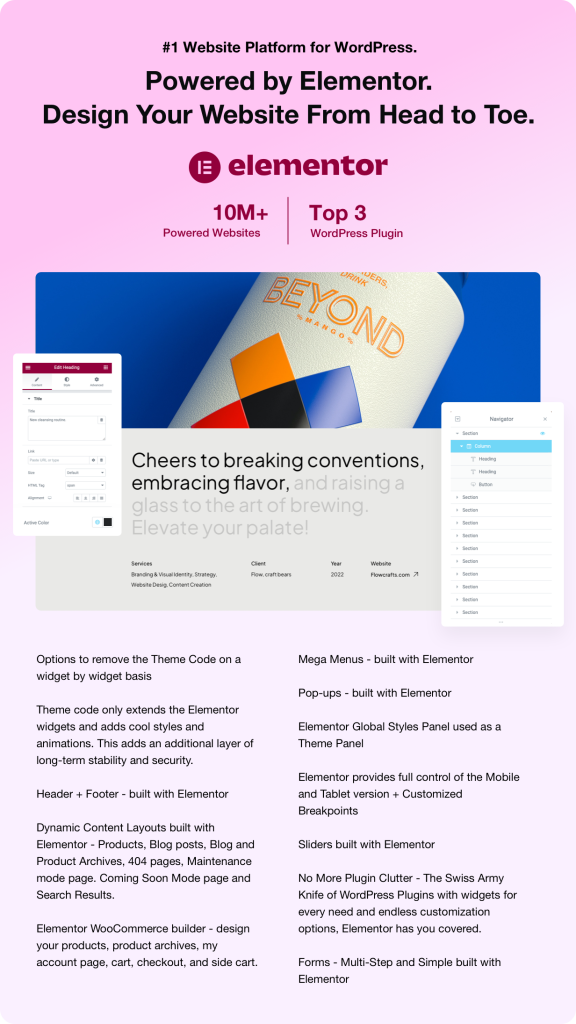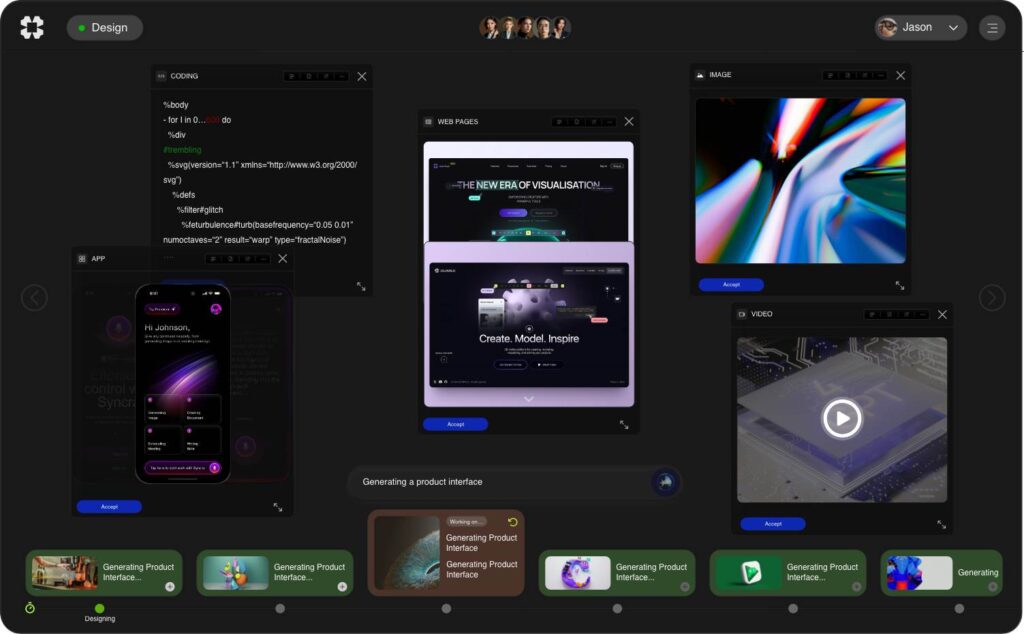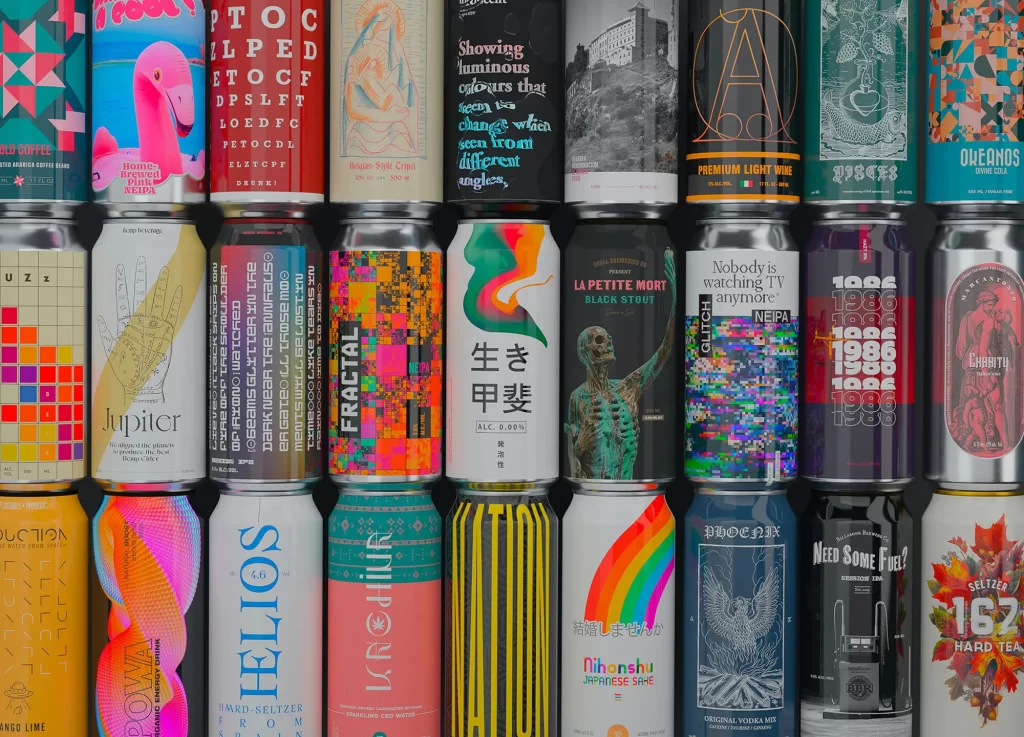In the rapidly evolving landscape of technology, AI-powered automation is emerging as a game-changer across various sectors. With the advent of AI integration platforms and tools like OpenAI Codex, businesses are not only streamlining operations but also enhancing productivity and innovation. This article delves into the latest trends, solutions, and applications of AI-powered automation, highlighting its significance and potential in reshaping industries.
.
**Understanding AI-Powered Automation**
AI-powered automation refers to the use of artificial intelligence technologies to automate complex processes that traditionally require human intervention. This encompasses a wide range of applications, from robotic process automation (RPA) to machine learning algorithms that analyze data and make decisions. The primary objective is to improve efficiency, reduce operational costs, and minimize human error.
.
In recent years, businesses have increasingly recognized the value of AI-powered automation. According to a report by McKinsey, organizations that have adopted AI technologies have seen productivity gains of up to 40%. This significant increase in efficiency is driving companies to invest in AI solutions, leading to a surge in demand for AI integration platforms.
.
**The Rise of AI Integration Platforms**
AI integration platforms serve as the backbone for implementing AI-powered automation across various applications. These platforms enable businesses to connect disparate systems, streamline workflows, and leverage AI capabilities without needing extensive coding or technical expertise. They provide a user-friendly interface that allows organizations to integrate AI tools seamlessly into their existing processes.
.
Leading AI integration platforms, such as Microsoft Azure, Google Cloud AI, and IBM Watson, offer a range of services that facilitate the deployment of AI solutions. These platforms allow businesses to harness the power of AI for tasks such as data analysis, customer service automation, and predictive maintenance. By simplifying the integration process, these platforms empower organizations to focus on innovation rather than technical complexities.
.
**OpenAI Codex: Transforming Development with AI**
One of the most notable advancements in AI-powered automation is OpenAI Codex, a powerful tool that transforms the way developers write code. Codex is an AI model trained on a vast dataset of programming languages and can generate code snippets based on natural language prompts. This capability allows developers to automate repetitive coding tasks, significantly speeding up the development process.
.
OpenAI Codex has garnered attention for its ability to assist in various programming tasks, from writing simple functions to generating complex algorithms. By leveraging Codex, developers can reduce the time spent on coding and debugging, allowing them to focus on higher-level problem-solving and innovation. The implications of this technology extend beyond individual developers; organizations can enhance their overall productivity and accelerate project timelines.
.
**Trends in AI-Powered Automation**
As AI-powered automation continues to evolve, several key trends are shaping its future:
1. **Increased Adoption Across Industries**: Industries such as healthcare, finance, manufacturing, and retail are increasingly adopting AI-powered automation to optimize operations. For instance, in healthcare, AI is used for patient data analysis, predictive analytics, and even robotic surgery.
2. **Enhanced Collaboration Between Humans and AI**: Rather than replacing human workers, AI-powered automation is enhancing collaboration. Tools like OpenAI Codex enable developers to work alongside AI, leveraging its capabilities to improve efficiency and creativity.
3. **Focus on Ethical AI**: As AI technologies become more prevalent, there is a growing emphasis on ethical considerations. Organizations are prioritizing transparency, fairness, and accountability in their AI implementations to build trust with customers and stakeholders.
4. **Integration with IoT**: The convergence of AI and the Internet of Things (IoT) is creating new opportunities for automation. By combining AI algorithms with IoT devices, businesses can gather real-time data and make informed decisions, leading to improved operational efficiency.
5. **Personalization and Customer Experience**: AI-powered automation is enabling businesses to deliver personalized experiences to customers. By analyzing customer data, organizations can tailor their offerings, leading to increased satisfaction and loyalty.
.
**Industry Applications and Use Cases**
AI-powered automation and integration platforms are being applied across various industries, showcasing their versatility and effectiveness. Here are some notable use cases:
1. **Healthcare**: AI is revolutionizing healthcare by automating administrative tasks, such as appointment scheduling and billing. Additionally, AI algorithms analyze medical images to assist radiologists in diagnosing conditions more accurately and quickly.
2. **Finance**: In the finance sector, AI-powered automation is used for fraud detection, risk assessment, and algorithmic trading. By analyzing vast amounts of data in real-time, AI systems can identify anomalies and trends that human analysts may overlook.
3. **Manufacturing**: AI-driven automation is enhancing manufacturing processes by optimizing supply chains, predicting equipment failures, and improving quality control. Predictive maintenance powered by AI reduces downtime and maintenance costs.
4. **Retail**: Retailers are leveraging AI to automate inventory management, personalize marketing campaigns, and enhance customer service. Chatbots powered by AI can handle customer inquiries 24/7, improving response times and customer satisfaction.
5. **Software Development**: OpenAI Codex is transforming software development by enabling developers to generate code efficiently. This not only accelerates the development process but also reduces the likelihood of errors, leading to higher-quality software.
.
**Technical Insights: The Future of AI Integration**
The future of AI-powered automation and integration platforms is promising, with several technical advancements on the horizon:
1. **Natural Language Processing (NLP)**: As NLP technologies continue to improve, AI systems will become more adept at understanding and processing human language. This will enhance the capabilities of tools like OpenAI Codex, enabling even more sophisticated interactions between humans and machines.
2. **Federated Learning**: This emerging technique allows AI models to learn from decentralized data sources without transferring sensitive information. Federated learning can enhance privacy and security, making it particularly valuable in industries like healthcare and finance.
3. **Explainable AI (XAI)**: As organizations increasingly rely on AI for decision-making, the demand for transparency and interpretability will grow. XAI aims to make AI systems more understandable to users, fostering trust and facilitating compliance with regulations.
4. **Edge Computing**: The integration of AI with edge computing will enable real-time data processing closer to the source of data generation. This is particularly beneficial for IoT applications, where low latency is crucial for effective automation.
5. **Continuous Learning**: AI systems that can adapt and learn continuously from new data will become more prevalent. This capability will allow organizations to stay agile and responsive to changing market conditions and customer needs.
.
**Conclusion: Embracing the AI Revolution**
AI-powered automation and integration platforms are transforming the way businesses operate, driving efficiency, innovation, and competitiveness. With tools like OpenAI Codex leading the charge, organizations can leverage AI to enhance productivity and streamline processes across various industries. As we move forward, embracing these technologies will be essential for businesses looking to thrive in an increasingly digital world.
.
In conclusion, the integration of AI into business processes is not just a trend; it is a fundamental shift that will define the future of work. By understanding and harnessing the power of AI-powered automation, organizations can unlock new opportunities, drive growth, and create a more efficient and effective workforce.
.
**Sources:**
1. McKinsey & Company. (2022). “The State of AI in 2022.”
2. Gartner. (2023). “Top Strategic Technology Trends for 2023.”
3. OpenAI. (2021). “Introducing Codex.”
4. Deloitte Insights. (2023). “AI-Powered Automation: Transforming Business Operations.”
5. Forrester Research. (2022). “The Future of AI Integration Platforms.”
